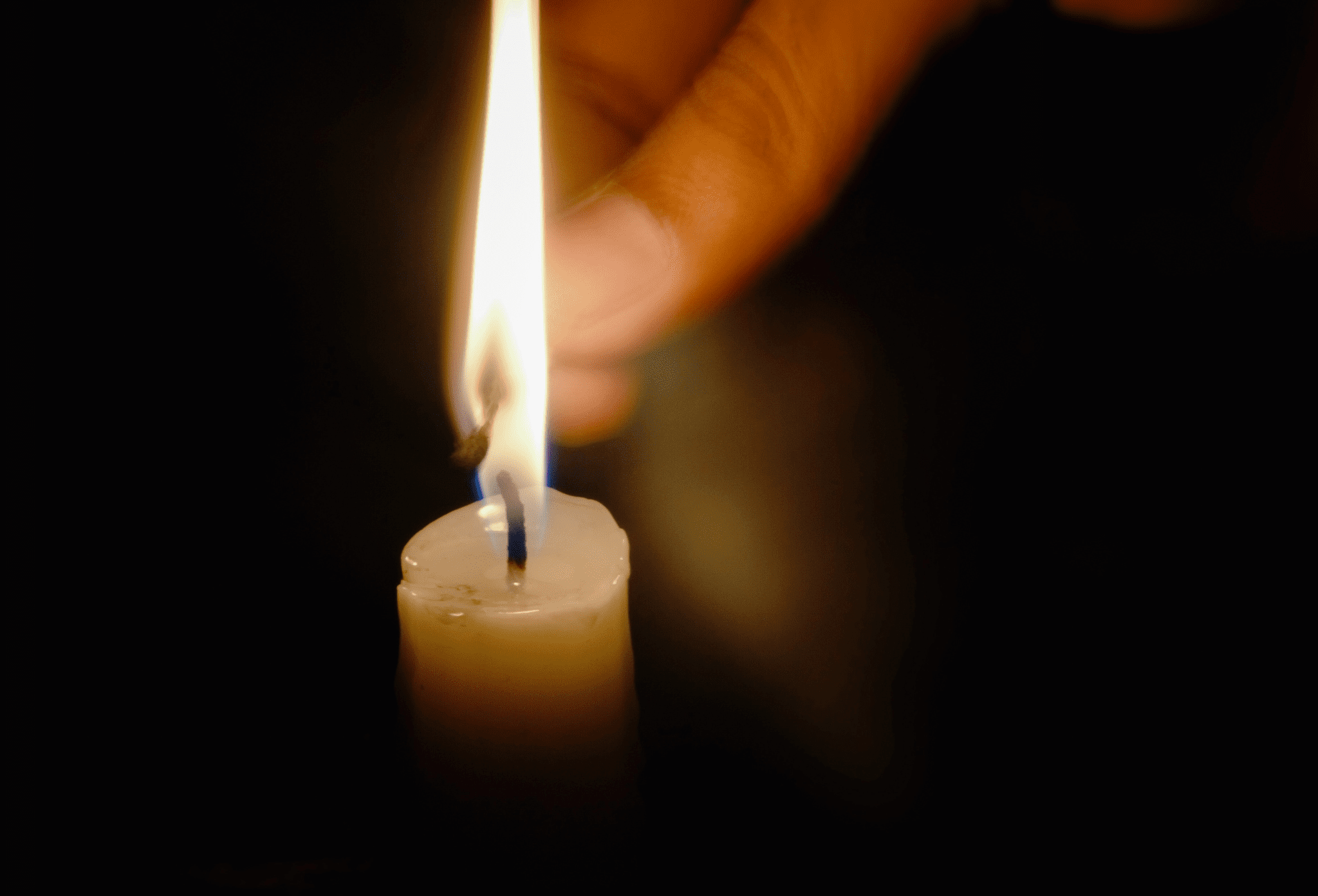At least 1 in 4 women find their birth experience traumatic, leaving them feeling distressed after the event. Many people assume that a traumatic birth must involve an emergency or life-threatening situation—but this isn’t the case. For most people, it’s not what happened during birth, but how they were treated and how they felt that leaves a lasting impact.
This can include experiences such as:
- The language used by healthcare professionals
- Receiving treatments without fully giving consent
- Being treated disrespectfully or feeling judged
- Having concerns minimised
- Feeling unprepared or out of control
There is no external marker for a traumatic birth—what matters is how it felt for you and the impact it has had on your wellbeing.
A traumatic birth can influence your experience as a new mum in many ways. These effects might appear soon after birth or even months or years later. Here I’ll cover 5 common ways this may show up.
Before reading further, you may want to take a moment to check in with yourself and consider whether this is the right time for you to explore this topic. It’s completely okay if it feels like too much right now — you can always come back to it later. As you read, you may want to pause occasionally and notice how you’re feeling. If things start to feel overwhelming, you may want to take a few slow breaths and gently remind yourself that you are safe in this moment.
1. You Feel Really Anxious
It’s very common to feel heightened anxiety after a difficult birth experience.
During and after a traumatic event, the brain changes the way it responds to potential threats. One part, the amygdala, acts like a smoke detector—it senses danger and alerts us. After trauma, this “smoke detector” can become overly sensitive, detecting threat even when none exists.
This can lead to:
- Feeling anxious or on edge
- Being jumpy
- Difficulty sleeping
- Feeling as if there is always a threat
At the same time, the parts of the brain that normally tell the “smoke detector” it’s safe (like the prefrontal cortex) may not work as effectively. This can leave you stuck in a heightened state of alertness.
Some hypervigilance is normal and expected—even in about half of new mums who have not had a traumatic birth. Being aware of your baby’s needs is healthy and helpful. But if it interferes with your daily life or causes distress, it may be worth seeking support.
With time, understanding, and support, the brain can relearn that it is safe—and anxiety can gradually ease.
2. You’re Self-Critical About Your Birth
It’s very common for new mums to blame themselves after a difficult birth. There are so many expectations about how birth should look, and when reality doesn’t match these expectations, it’s easy to feel like something went wrong.
You might find yourself thinking:
- “I wasn’t calm or strong enough.”
- “I should have prepared more.”
- “I must have done something wrong.”
Self-criticism can be exhausting. Our brains interpret self-critical thoughts as a threat, which can increase anxiety, lower mood, and make adjusting to life as a new mum even harder.
This can then create a cycle: feeling like you’re failing → withdrawing from support → struggling more → more self-criticism.

3. You May Want to Avoid Your Baby
Birth trauma is complex. Unlike other traumas, where the event is purely negative, birth often comes with congratulations and celebration. Also, after birth, you’re suddenly thrown into motherhood without time to process what just happened.
On top of this, there are constant reminders of the birth—through birthdays, monthly milestones, and, of course, your baby themselves. These reminders can lead to mixed feelings, including fear, resentment, or a desire to avoid your baby or others asking about the birth.
This response is natural. After trauma, we often avoid the source of distress to protect ourselves from perceived harm. This response is not a reflection of your worth as a mother or how much you love your baby.
This is where therapy can be valuable. With support, you can work through the traumatic experience and gradually feel more connected with your baby.
4. You Don’t Feel Confident and Competent
It’s common for new mums who have had a difficult birth to feel less confident and competent postpartum. A challenging birth can leave you feeling destabilised and questioning your ability to cope. Combined with sleep deprivation and the many adjustments of the postpartum period, this can feel completely overwhelming.
The good news is that over time, it is possible to rebuild your confidence. Understanding what happened and processing your birth experience can help you to feel more in control. It can also help you see that your birth experience is not a reflection of your abilities as a mother. Learning ways to recover after a difficult birth can further show you that you are capable of coping with and overcoming challenging experiences in life and motherhood.
5. You No Longer Want More Children
Facing the idea of another birth after a traumatic experience can feel overwhelming and frightening. For many, it may seem impossible to go through it again. This makes sense, because our brains are wired to protect us from perceived danger.
The good news is that it is possible to work through the fear associated with birth. With time, support, and processing your experience, you can reach a place where the decision to have another child is made from choice, rather than from fear.

Healing After a Traumatic Birth
A traumatic birth experience can significantly impact your life as a new mum — but healing and recovery are absolutely possible. Often, the first step is acknowledging that your birth did not go as you hoped. It’s natural for emotions such as disappointment, anger, or powerlessness to arise. Having a safe space to explore these feelings and receive support can be incredibly healing, and this is one area where therapy can make a real difference.
Healing can also involve working through the feelings of responsibility and failure that can follow a difficult birth. Self-compassion is key here — it acts as an antidote to self-criticism, which can keep us feeling stuck and isolated. You can follow my blog and Instagram for more on self-compassion. In my practice, I use compassion-focused therapy, an evidence-based approach for addressing shame and self-criticism.
Processing trauma effectively involves connecting to a sense of safety before exploring the difficult memories. This helps the traumatic experiences integrate into long-term memory, so they no longer dominate your present. Over time, this can ease symptoms such as anxiety or avoidance. Working with a trauma-informed therapist who understands the nuances of birth trauma will give you the appropriate support through this process. If you’d like to learn more about how I can help as a trauma-informed therapist for mums, I offer a free 20-minute introductory call, which you can book here.
After reading this post, it might be helpful to pause and check in with yourself. You may want to take a few deep breaths and remind yourself that you are safe in this moment. Engaging with this topic might have brought up some challenging emotions and taking a moment to ground yourself in this safe, present moment can be valuable before you move into the next part of your day. If needed, you can find more grounding exercises here.

Megan Baldry
I am a counsellor and psychotherapist who supports women with their mental health and wellbeing during pregnancy and motherhood.
I’m a BACP registered therapist with a masters degree in counselling and psychotherapy and specialist training in maternal mental health.
I offer sessions online and via phone in the UK. I offer regular and ad-hoc therapy sessions which are a space for you to be supported and work on goals that feel meaningful to you.
I also produce blogs and videos around therapy and the common challenges and transitions that come up in motherhood.








